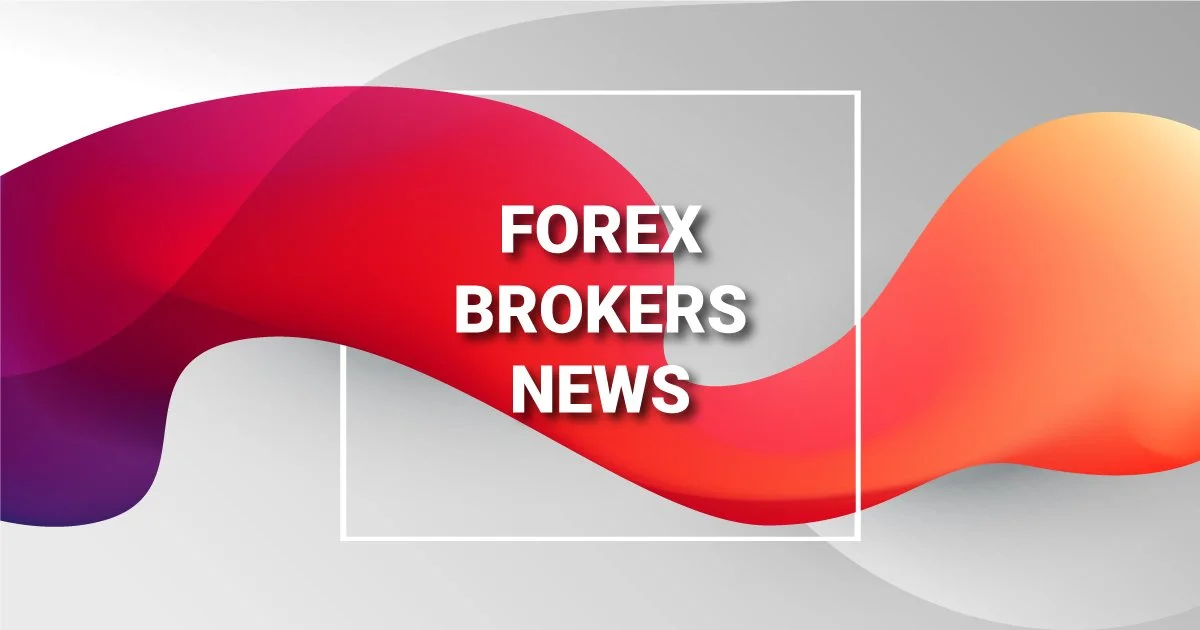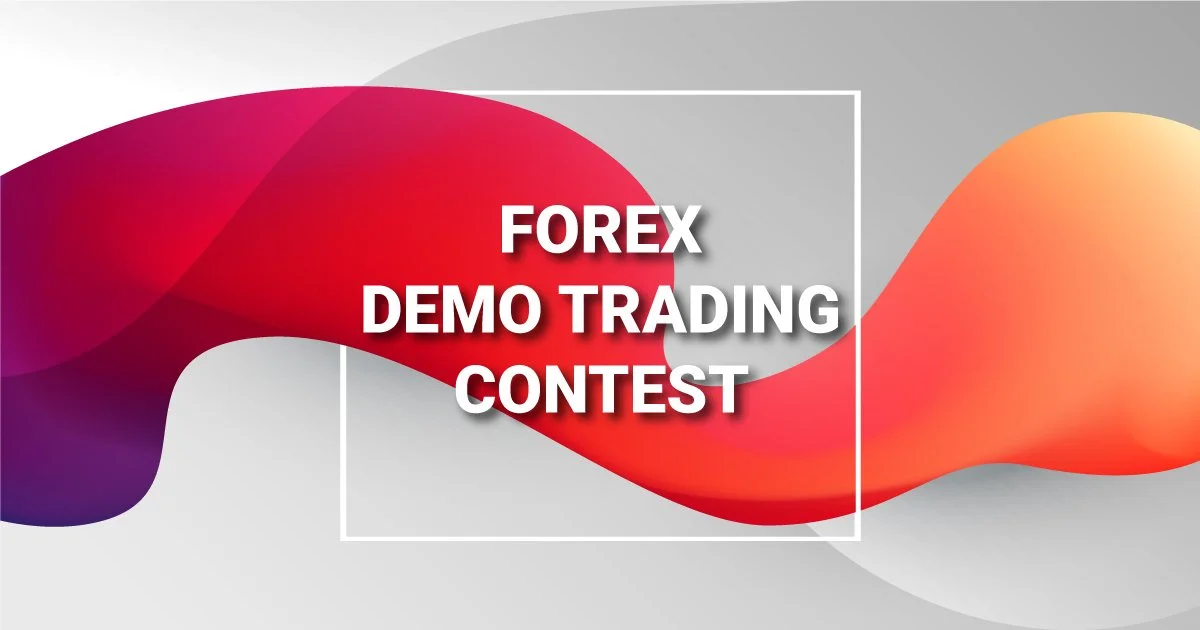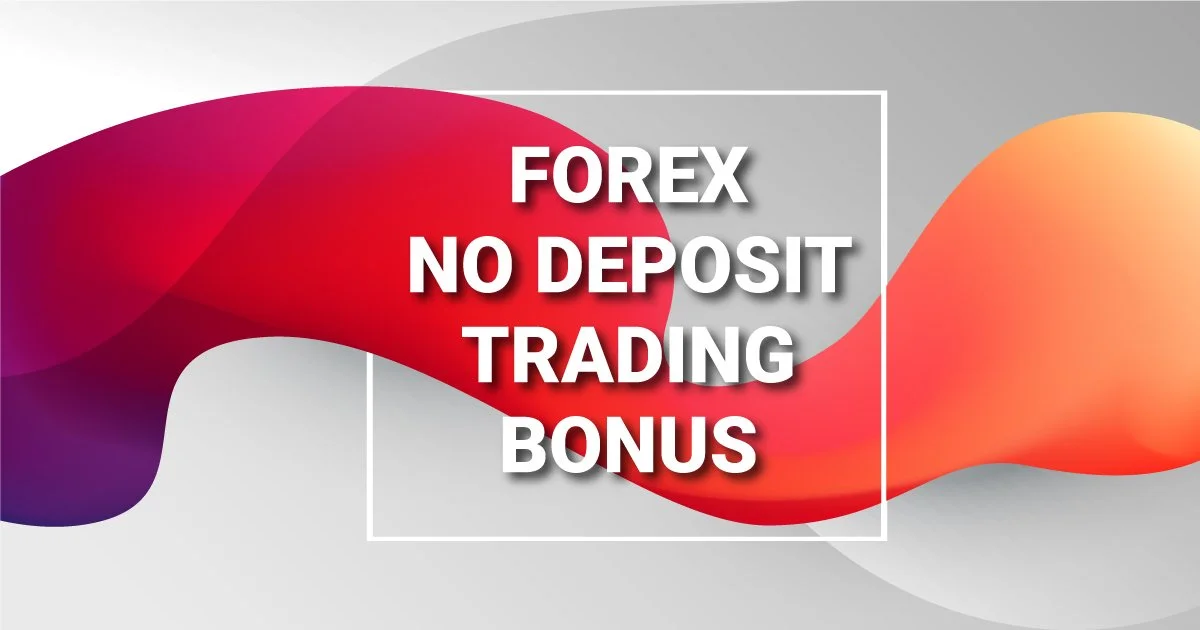
The Ultimate Guide to Finding the Best Forex Brokers List
Are you looking for a reliable and reputable forex broker to help you navigate the forex market? Look no further! In this comprehensive guide, we will walk you through the process of finding the best forex brokers list. Whether you are a beginner or an experienced trader, we have got you covered.
From understanding the role of forex brokers to researching reviews and ratings, we will provide you with practical tips and insights to help you make informed decisions when choosing a broker.
Get ready to explore our top recommendations, compare fees and spreads, and discover the education and support resources available at your fingertips.
Key Takeaways
- Choosing the right forex broker is crucial for your success in the forex market.
- Factors such as regulation, trading platform options, customer support, and account types should be considered when selecting a broker.
- Reading reviews and ratings can help you assess a broker's reputation and reliability.
- Comparing fees and spreads can ensure you find a broker that offers competitive pricing.
- Education and support resources provided by brokers can be valuable for traders at all levels.
Understanding Forex Brokers
In the world of forex trading, a forex broker acts as a middleman between you and the currency market. Forex brokers work by executing trades on your behalf, providing access to trading platforms and other trading tools, and charging fees and commissions for their services.
Forex brokers come in many shapes and sizes, and choosing the right broker is crucial for your success as a trader. Some brokers offer a wide range of markets and instruments, while others specialize in specific currency pairs or trading styles. As such, it's essential to understand the different types of forex brokers and what they offer before making a decision.
Types of Forex Brokers
There are three main types of forex brokers:
| Type of Broker | Description |
|---|---|
| Market Makers | Market makers act as the counterparty to your trades. They buy and sell currencies from their inventory, creating liquidity in the market. Market makers make money through the spread, which is the difference between the buy and sell price of a currency pair. |
| ECN/STP Brokers | ECN/STP brokers provide direct access to the interbank market, where banks and other financial institutions trade currencies. These brokers typically charge a commission for their services, but they offer tighter spreads and more transparent pricing than market makers. |
| Hybrid Brokers | Hybrid brokers combine elements of both market makers and ECN/STP brokers. They may offer a dealing desk for smaller trades and direct market access for larger trades. These brokers typically offer a wider range of trading platforms and tools. |
Each type of broker has its advantages and disadvantages, and the best choice depends on your trading style and preferences.
Forex Broker Fees and Commissions
Forex brokers charge fees and commissions for their services. The fees you pay depend on the type of broker you choose and the market conditions at the time of your trades.
Market makers typically charge a spread, which is the difference between the bid and ask price of a currency pair. ECN/STP brokers usually charge a commission in addition to the spread.
It's essential to understand the fees charged by your broker, as they can significantly impact your trading profits.
Trading Platforms and Tools
Forex brokers offer a variety of trading platforms and tools to help you analyze the markets and execute trades. Some popular platforms include MetaTrader 4 and 5, cTrader, and TradingView.
When choosing a broker, it's crucial to consider the trading platform and tools offered. Make sure that the platform is user-friendly and has all the features you need for your trading style.
Regulation and Security
Another crucial factor to consider when choosing a forex broker is regulation. Regulated brokers are required to adhere to strict financial standards, which helps protect your funds and ensure fair trading conditions.
It's essential to do your research and ensure that your broker is regulated by a reputable authority, such as the Financial Conduct Authority (FCA) in the UK or the National Futures Association (NFA) in the US.
Security is also a top concern for forex traders. Look for brokers that use encryption and other security measures to protect your personal and financial information.
"Choosing the right forex broker is crucial for your success as a trader."
Conclusion
Understanding forex brokers is a crucial step in becoming a successful forex trader. By choosing a reputable and reliable broker that aligns with your trading goals and preferences, you can improve your chances of success in the forex market. Consider the factors discussed in this section, such as broker fees and commissions, trading platforms and tools, and regulation and security, when making your choice.
Important Factors to Consider When Choosing a Forex Broker
Choosing the right forex broker is crucial for a successful trading career. With so many options available, it can be challenging to determine which one is suitable for you. To make an informed decision, consider the following factors:
Regulation
Regulation is a crucial factor when choosing a forex broker. It ensures that the broker operates under specific guidelines and standards, protecting traders' funds and ensuring fair play.
Check whether the broker you're considering is regulated by a reputable financial authority, such as the Financial Conduct Authority (FCA) in the UK or the National Futures Association (NFA) in the US.
Trading Platforms
Trading platforms are the software that bridges the trader's computer and the broker's trading server. It's vital to choose a broker that offers a platform that suits your trading style and preferences.
Consider the trading features available, such as charting tools, technical analysis, and automated trading options. Additionally, consider the platform's compatibility with your device, as well as its user interface and ease of use.
Customer Support
When trading forex, you'll likely have questions or issues that require assistance. Therefore, choose a broker that has responsive and helpful customer support.
Consider the support channels available, such as live chat, email, or phone support, and the broker's availability in your time zone. Additionally, check whether the broker offers educational resources and market analysis tools to assist you with making informed trading decisions.
Account Types
Forex brokers offer various account types with different features and benefits. Consider the account types available and the minimum deposit required to open an account.
Additionally, check the account features, such as leverage, spreads, and trading instruments available. Choose an account type that aligns with your trading goals and risk tolerance.
| Account Types | Minimum Deposit | Leverage | Spread |
|---|---|---|---|
| Standard Account | $100 | 1:30 | 1.2 pips |
| Mini Account | $10 | 1:30 | 2.2 pips |
| ECN Account | $500 | 1:500 | 0.1 pips |
Trading Costs
Trading costs can significantly impact your profits or losses. Therefore, consider the fees and spreads charged by the broker.
Brokers may charge spreads, commissions, or overnight fees, depending on the account type and trading instrument. Compare the trading costs across different brokers to find the most competitive pricing.
- Spreads: The difference between the bid and ask price of a currency pair.
- Commissions: A fee charged per trade or lot size.
- Overnight Fees: A fee charged for holding a position overnight.
Conclusion
When choosing a forex broker, take a comprehensive approach to evaluate and compare different options. Consider the broker's regulation, trading platforms, customer support, account types, and trading costs. By making an informed decision, you can find a broker that aligns with your trading goals and preferences.
Researching Forex Broker Reviews and Ratings
When you're looking for the best forex brokers list, researching forex broker reviews and ratings is essential to ensure you make an informed decision. Here's what you need to know:
Where to Find Reliable Reviews
There are numerous websites where you can find forex broker reviews. These include:
- Forex Peace Army
- Trustpilot
- Investopedia
These websites offer unbiased reviews from traders who have used the services of forex brokers. However, be cautious of reviews that appear too positive or negative, as they may be fake.
How to Interpret Reviews
When reading forex broker reviews, consider the following:
- Look for common themes among reviews. If multiple reviews mention similar issues or benefits, it's likely that they're accurate.
- Consider the trader's experience level. A beginner trader may have different expectations and experiences than an experienced trader.
- Check if the broker has responded to any negative reviews. If they have, it's a good sign that they value their clients and are willing to address any issues.
The Importance of Checking Broker Ratings
Forex broker ratings can give you an idea of a broker's overall reputation. The most common rating agencies include:
- Fitch Ratings
- Moody's Investors Service
- Standard and Poor's (S&P)
These agencies evaluate a broker's financial stability and creditworthiness. A high rating indicates that the broker is financially stable and less likely to default on its obligations.
"Reading reviews and checking broker ratings is essential in finding a reliable forex broker. The more research you do, the more confident you'll feel in your decision."
Top Forex Brokers List: Our Recommendations
After thorough research and evaluation, we've compiled a list of the top forex brokers for you to consider. These brokers have demonstrated excellence in reputation, trading conditions, and customer feedback. We believe that they can provide you with a solid foundation for your trading journey. Here are our top forex brokers:
| Broker | Minimum Deposit | Regulation | Trading Platform | Customer Support | Account Types |
|---|---|---|---|---|---|
| Broker A | $100 | Regulated by FCA and CySEC | MetaTrader 4 and 5 | 24/7 Live Chat and Phone Support | Standard, VIP, Islamic |
| Broker B | $50 | Regulated by ASIC and FSCA | cTrader and MetaTrader 4 and 5 | 24/5 Live Chat and Phone Support | Standard, Raw Spread, Islamic |
| Broker C | $10 | Regulated by FCA and CySEC | MetaTrader 4 and 5 | 24/5 Live Chat and Phone Support | Standard, Raw Spread |
It's important to note that these brokers may not be suitable for everyone. Make sure to consider your trading goals, preferences, and risk tolerance when selecting a broker. We encourage you to conduct your own research and evaluate each broker's features and offerings before making a decision.
Comparing Forex Broker Fees and Spreads
When choosing a forex broker, it's crucial to understand the fees and spreads associated with their services. These charges can significantly affect your trading profits, making it essential to compare various brokers' pricing models to find the one that best suits your needs.
Types of Fees Charged by Forex Brokers
Forex brokers usually charge fees in the form of spreads, commissions, or overnight fees. Let's take a look at each of these in more detail:
| Fee Type | Description |
|---|---|
| Spreads | Spreads are the difference between the buy and sell price of a currency pair. Brokers typically make their money from the spread, so it's important to find a broker that offers competitive rates. |
| Commissions | Some brokers charge a flat fee per trade regardless of the size of the position. Others charge a percentage of the trade size, with the fee decreasing as the position size increases. |
| Overnight Fees | Also known as swap fees, overnight fees are charged when a position is held open overnight. These fees are calculated based on the interest rate differential between the two currencies in the currency pair. |
It's essential to carefully review the fee structure of any forex broker you're considering to ensure you're aware of all the costs and how they can impact your trading performance.
Comparing Forex Broker Spreads
The spread is one of the most significant costs associated with forex trading. It's the difference between the highest bid price and the lowest ask price for a currency pair. The narrower the spread, the less you'll have to pay in trading costs.
When comparing spreads between brokers, it's important to consider the following:
- The type of currency pair you plan to trade
- The trading platform used by the broker
- The trading volume you plan to transact
Conclusion
When selecting a forex broker, understanding their fee structure is crucial to ensure you make an informed decision. By comparing the fees and spreads of various brokers, you can find one that aligns with your trading strategy and helps you achieve your financial goals.
Expanding Your Knowledge: Forex Broker Education and Resources
Learning is a continuous process, and forex trading is no different. Acquiring the knowledge and skills to become a successful trader takes time and effort. Fortunately, many forex brokers offer a range of educational resources to help traders improve their trading skills.
Forex Broker Education
Forex broker education comprises a range of resources that aim to enhance traders' understanding of the market, trading strategies, and technical analysis. These resources can range from beginner-level trading guides to advanced trading courses.
Some brokers offer educational materials in the form of e-books, webinars, video tutorials, and articles. These resources can provide insights into trading psychology, risk management, and technical analysis. By taking advantage of these resources, traders can improve their trading skills and increase their chances of success.
Forex Broker Resources
In addition to educational materials, many forex brokers offer a range of resources to help traders stay informed about the market. These resources can include daily market analysis, economic calendars, and trading signals. By leveraging these resources, traders can stay up-to-date with economic events, market trends, and technical indicators.
Forex broker resources can also include market news and updates. Brokers may provide traders with access to news feeds, live market commentary, and expert analysis. Staying informed about the latest news and updates can help traders make informed trading decisions.
Tip: When choosing a forex broker, consider the quality and relevance of their education and resources. Look for brokers that offer comprehensive educational materials and a range of resources to keep you informed about the market.
Assessing Forex Broker Customer Support
When selecting a forex broker, customer support is a crucial factor to consider. You want to ensure that you have access to help whenever you need it, as issues can arise at any point in your trading journey. Therefore, assessing a broker's customer support channels and responsiveness is essential.
Here are some of the things you should look for when assessing forex broker customer support:
- Availability: Check to see if customer support is available 24/7, as the forex market operates around the clock. A broker with limited support hours may not be the best fit for your needs.
- Channels: A good forex broker should offer multiple channels for customer support, such as phone, email, live chat, and social media. This provides you with options, allowing you to choose the most convenient method for you.
- Response time: How long does it take for the broker's customer support team to respond to queries? A broker with a quick response time is a good sign that they value their clients and are committed to providing excellent service.
- Helpfulness: You want to ensure that the customer support team is knowledgeable, patient, and helpful. They should be able to answer your questions and resolve any issues you may have promptly.
- Additional resources: Some brokers provide additional resources, such as FAQs, tutorials, and trading guides, to help traders. These resources can be valuable in answering common questions and solving issues without having to contact customer support.
By assessing a forex broker's customer support channels and responsiveness, you can ensure that you have access to help when you need it. You can also get a sense of how committed the broker is to providing excellent service to their clients.
Understanding Forex Broker Regulation and Security
When it comes to selecting a forex broker, safety should be a top priority. You want to ensure that your funds and personal information are secure and protected. This is where forex broker regulation and security come into play.
Forex Broker Regulation
Forex broker regulation is crucial as it provides traders with a level of protection against fraudulent activities such as scams and money laundering. It ensures that brokers operate within a set of guidelines and standards set by the regulatory bodies.
Regulatory bodies vary depending on the country the broker operates in. Some of the most respected and recognized regulatory bodies worldwide include:
- Financial Conduct Authority (FCA) in the UK
- Commodity Futures Trading Commission (CFTC) in the US
- Australian Securities and Investments Commission (ASIC) in Australia
- Financial Services Agency (FSA) in Japan
To check if a broker is regulated, you can visit the regulatory body's website and search for the broker's name or registration number.
Forex Broker Security
Forex broker security is equally important as regulation. You want to ensure that your personal information and funds are protected from cyber threats such as hacking and data breaches. Brokers employ several security measures to ensure the safety of their client's funds and information.
Some of the security measures brokers use include:
| Security Measure | Description |
|---|---|
| SSL Encryption | Secure Socket Layer (SSL) encryption is a security protocol that encrypts all communication between your web browser and the broker's website. |
| Two-Factor Authentication | Two-factor authentication adds an extra layer of security by requiring a second form of identification such as a code sent to your phone or email. |
| Segregated Accounts | Brokers hold trader's funds in segregated accounts separate from their own operating funds, ensuring that trader's funds are protected in the unlikely event of the company's insolvency. |
When selecting a forex broker, ensure that they are regulated and have robust security measures in place. This will give you peace of mind knowing that your funds and personal information are safe and protected.
Tips for Opening an Account with a Forex Broker
Opening an account with a forex broker is a straightforward process that requires careful consideration. Here are some useful tips to help you navigate the account opening process:
- Choose the right account type: Forex brokers offer various account types, such as demo, standard, and premium accounts. Consider your trading goals, risk tolerance, and budget when selecting the appropriate account type. Demo accounts are excellent for beginners who want to practice trading without risking real money, while standard accounts provide more trading options.
- Submit the necessary documents: Forex brokers require several documents to verify your identity and comply with regulatory requirements. These documents include a government-issued ID, proof of address, and a bank statement. Ensure that you have all the necessary documents ready and submit them promptly to expedite the verification process.
- Fund your trading account: Once your account is verified, you can fund it with the required minimum deposit. Forex brokers offer various payment options, such as bank transfers, credit/debit cards, and e-wallets, to facilitate the funding process. Ensure that you choose a payment method that is secure, convenient, and cost-effective.
- Read the terms and conditions: Before opening an account with a forex broker, it's crucial to read and understand the terms and conditions. These documents outline the broker's policies, fees, and trading conditions. Pay attention to the fine print and seek clarification from the broker's customer support if needed.
By following these tips, you can open an account with a forex broker confidently and start trading in the forex market.
Staying Informed: Forex Broker News and Updates
Keeping abreast of the latest news and updates in the forex market is crucial for any trader. Fortunately, forex brokers offer a wide range of resources to help you stay informed. Here are some of the best ways to access forex broker news and updates:
- Email newsletters: Many forex brokers offer regular newsletters to their clients. These newsletters may include updates on market trends, economic events, and trading tips.
- Social media: Following your forex broker on social media platforms like Twitter and Facebook can provide you with real-time updates and insights.
- Trading platforms: Many forex brokers integrate news and analysis directly into their trading platforms. This allows you to access pertinent information without ever having to leave your trading screen.
- Forex news websites: There are several forex news websites that provide up-to-date information on the latest happenings in the market. Some of the most popular options include Forex Factory, Investing.com, and FXStreet.
The Benefits of Staying Informed with Forex Broker News and Updates
By staying informed with the latest forex broker news and updates, you can gain several benefits:
| Benefits | Description |
|---|---|
| Informed Trading Decisions | Accessing real-time news and economic events can help you make informed trading decisions. |
| Increased Trading Confidence | Staying on top of the latest developments in the market can help you feel more confident in your trades. |
| Improved Market Awareness | Keeping up with the latest forex broker news can help you gain a deeper understanding of market trends and conditions. |
"Staying informed with forex broker news and updates is an essential aspect of successful trading in the forex market."
Whether you prefer email newsletters, social media updates, or in-platform news and analysis, it's vital to stay informed with the latest developments in the forex market. By leveraging forex broker news and updates, you can make more informed trading decisions, increase your trading confidence, and improve your overall market awareness.
Conclusion
In conclusion, finding the best forex brokers list is a critical part of your trading journey. By understanding the role of forex brokers, the important factors to consider, and how to research reviews and ratings, you can make an informed decision on which broker to choose.
Our top forex brokers list provides a starting point, but it's essential to compare fees, spreads, educational resources, and customer support to find the best fit for you. Remember to consider regulation and security measures to keep your funds and personal information safe.
With the right forex broker, you can confidently navigate the market and make informed trading decisions. We hope this guide has been helpful in your search for the best forex brokers list or top forex brokers list. Happy trading!
FAQ
What are forex brokers?
Forex brokers are companies that provide traders with access to the foreign exchange market. They act as intermediaries between traders and the market, allowing individuals and institutions to buy and sell currencies.
How do forex brokers make money?
Forex brokers make money through various mechanisms, including spreads, commissions, and fees. Spreads are the difference between the buy and sell prices of currency pairs, while commissions are charges applied per trade. Some brokers may also charge additional fees for services like deposits, withdrawals, or overnight positions.
What types of forex brokers are available?
There are several types of forex brokers, including market makers, ECN (Electronic Communication Network) brokers, and STP (Straight Through Processing) brokers. Market makers provide liquidity by quoting both buy and sell prices, while ECN brokers connect traders directly to the market. STP brokers, on the other hand, route clients' orders to liquidity providers without intervention.
What factors should I consider when choosing a forex broker?
When choosing a forex broker, important factors to consider include regulation, trading platform options, customer support, account types, fees, spreads, available markets, educational resources, and security measures. It's crucial to evaluate these factors to ensure you select a reputable and reliable broker that meets your trading needs.
Where can I find reliable forex broker reviews?
Reliable forex broker reviews can be found on reputable websites, forums, and independent review platforms. It's essential to consider multiple sources and evaluate the credibility and objectivity of the reviews. Additionally, you can seek recommendations from fellow traders or consult industry experts for their insights.
What are the recommended forex brokers on your list?
Our recommended forex brokers list comprises brokers that have been carefully evaluated based on their reputation, trading conditions, customer feedback, and other essential criteria. These brokers have demonstrated reliability, transparency, and a commitment to providing excellent trading experiences for their clients.
How can I compare forex broker fees and spreads?
To compare forex broker fees and spreads, carefully review their fee structures, including spreads, commissions, and any other charges. Pay attention to the specific currency pairs you trade most frequently and calculate the overall costs involved. Additionally, consider any additional fees related to deposits, withdrawals, or overnight positions.
What educational resources do forex brokers offer?
Forex brokers provide various educational resources to help traders enhance their knowledge and skills. These resources may include educational materials, webinars, tutorials, market analysis tools, and research reports. Taking advantage of these resources can greatly contribute to your understanding of the forex market and improve your trading strategies.
How can I assess forex broker customer support?
Assessing forex broker customer support involves considering factors such as responsiveness, availability, and the quality of assistance provided. Check the available support channels, such as phone, email, or live chat, and test their response times. Reading customer reviews and ratings can also give you insights into the broker's customer support capabilities.
Why is forex broker regulation important?
Forex broker regulation is crucial because it ensures brokers adhere to strict standards and guidelines, protecting traders' funds and interests. Regulated brokers are required to segregate client funds from their operational funds and provide a level of transparency and accountability. This regulatory oversight helps promote a fair and secure trading environment.
How do I open an account with a forex broker?
Opening an account with a forex broker typically involves completing an online registration form, providing necessary identification documents, and funding your trading account. The specific steps may vary between brokers, but they generally guide you through the process and provide assistance if needed.
How can forex broker news and updates help my trading?
Forex broker news and updates keep traders informed about market trends, economic events, and other relevant news that may impact currency prices. Staying updated allows you to make more informed trading decisions and take advantage of potential opportunities in the market.




Bonus Comments:
Leave a Comment